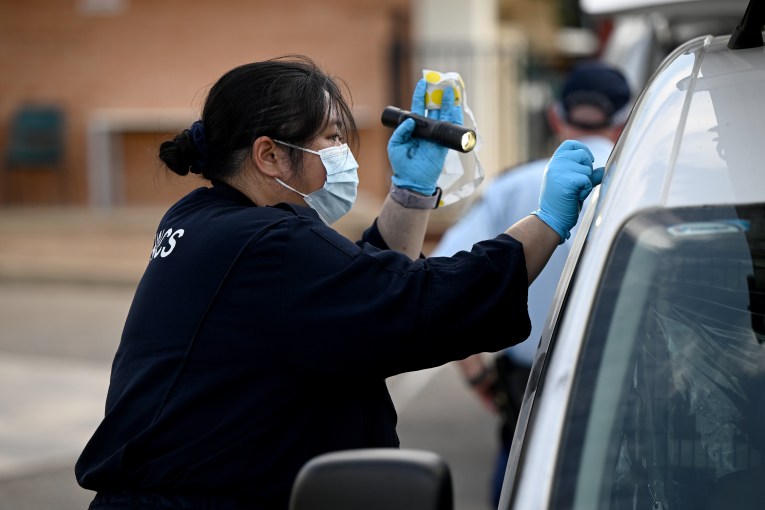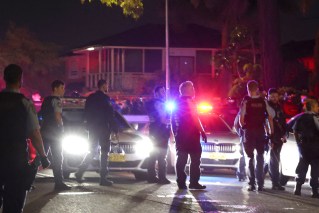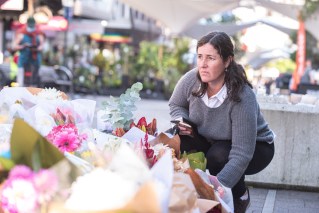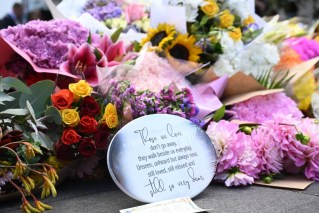Premier shrugs off booze sentence critics
· Tough sentences won’t work
· Street violence: Our fault, not alcohol’s
· Punch victim Daniel Christie dies
It will cost millions, swell the NSW prison population and do nothing to deter alcohol-fuelled offenders, critics say.
But the NSW premier is pressing ahead.
Following sustained public pressure over alcohol-fuelled violence in Sydney, Premier Barry O’Farrell announced new measures on Tuesday to crack down on offenders.
Among the proposed laws is a bid to increase maximum sentences and introduce mandatory minimum sentences for serious and fatal assaults involving drugs and alcohol.
The proposals have sparked criticism from the legal fraternity, who say mandatory minimum sentences will not act as a deterrent and will be a “recipe of injustice”.
“There will be a very serious backlash against that if that sort of provision is introduced,” the former NSW director of public prosecutions Nicholas Cowdery told ABC Radio on Wednesday.
“The idea that just increasing penalties for offences is somehow going to deter people from committing them is naive and not supported by research.”
But Mr O’Farrell said it was time for the judiciary to reflect community sentiment.
“This would not have been necessary if the judiciary had handed out the types of penalties the community expects and available to them under legislation,” he told reporters on Wednesday.
Greens MP David Shoebridge said the sentencing changes would put extreme pressure on the prison system and cost taxpayers hundreds of millions of dollars.
According to NSW Bureau of Crime Statistics and Research (BOCSAR) figures obtained by the Greens, almost 4700 people in the state were convicted of serious assault offences in the 12 months to September 2013.
A further 900 people were convicted for assaulting police.
Of these, police figures reveal almost half the serious assault convictions were alcohol-related, and more than 60 per cent of the assaults on police involved alcohol.
Based on these figures, Mr Shoebridge said the prison population would increase by about 2500 people within a year of the legislation coming into effect.
Spending on adult prisons would balloon from about $750 million a year to more than $1.1 billion, he said.
“The costs of this policy, both socially and in direct budget terms, are enormous,” he said in a statement on Wednesday.
The introduction of 1.30am lockouts from Sydney pubs, bars and clubs and the 3am limit for the service of drinks has also attracted criticism.
In response, more than 3500 people have “liked” the Facebook page Save Our Nightlife.
The page, created on Tuesday, says the government’s proposed laws are draconian and will do nothing but punish party-goers and damage the city’s nightlife.
In a statement to AAP the page’s creators said the measures “unfairly target legitimate late-night businesses: the club owners, tour promoters, DJs, bar staff and many more law-abiding citizens who make their money in the nightlife industry”.
The page’s supporters will protest at Farrer Place in Sydney on Friday and outside Parliament House on Tuesday.
But Mr O’Farrell on Wednesday swatted away criticism.
Standing outside the Hotel Steyne in Manly, he said the business had listened to community concerns and introduced 12.30am lockouts and 2am last drinks to great success and certain Kings Cross licensees should follow the example.
The hotel’s manager, Lou Tipping, said the measure had reduced violence.
“Now you are more than happy to walk safely home at night-time,” she said, although she conceded there was a difference between Manly and Kings Cross.







